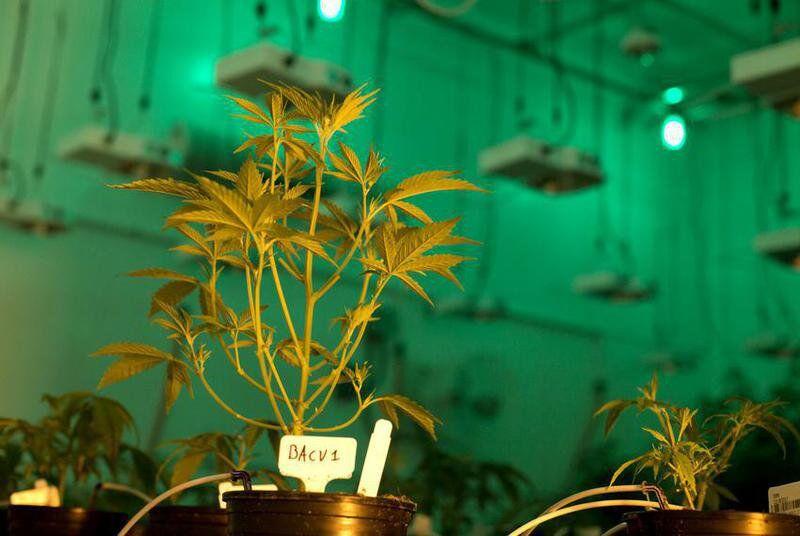House Bill 1535, by Rep.
Currently, patients eligible include those with terminal cancer, intractable epilepsy, seizure disorders, multiple sclerosis, spasticity, amyotrophic lateral sclerosis, autism or an incurable neurodegenerative disease.
The National Organization for Reforming Marijuana Laws doesn’t recognize the state’s current program as a true medical marijuana program, instead labeling it a “medical CBD” program because of its emphasis on cannabidiol, derived from hemp and containing only traces of the psychoactive compounds found in cannabis, over THC for medicinal use.
“There’s an incredibly restrictive cap on THC,” she said.
And on Thursday, the House will consider House Bill 441, which would lessen the penalty for possession of one ounce or less of cannabis, as well as remove the possibility of jail time or losing a driver’s license.
While the House has been receptive to bills related to reducing penalties for marijuana use, the Senate has been less welcoming.
But in recent years, Texans have increasingly demonstrated a desire to see marijuana use legalized in the state.
“There’s a significant shift happening now, and it’s so wonderful to see,” Fazio said.
